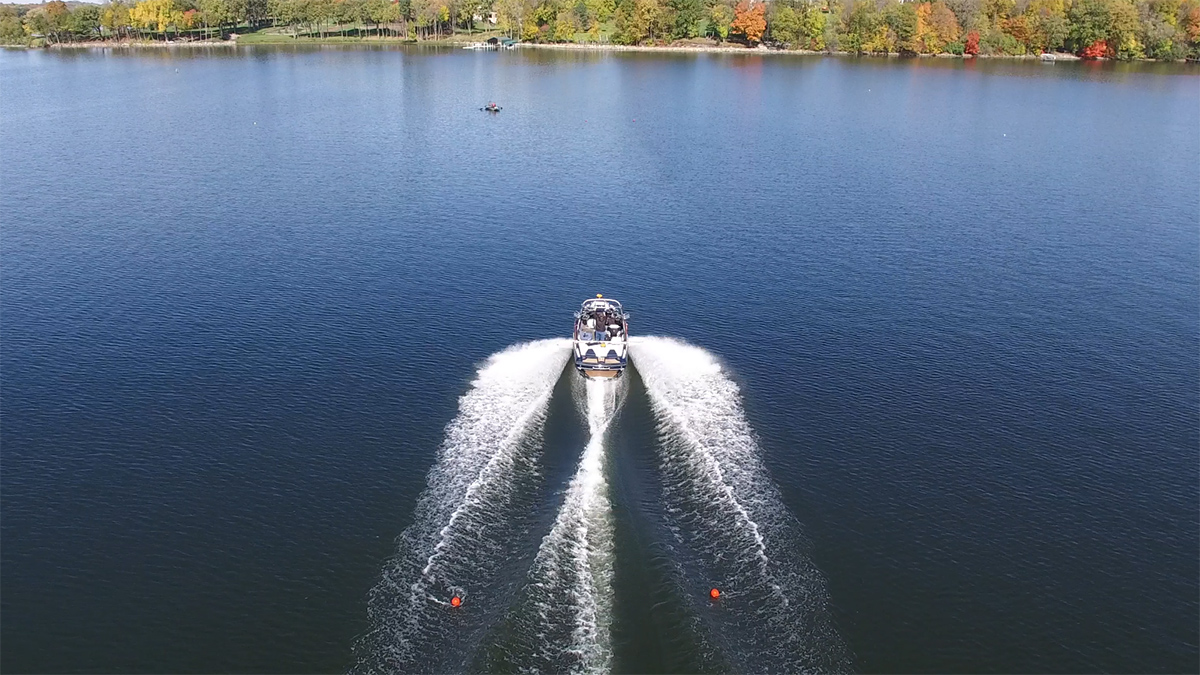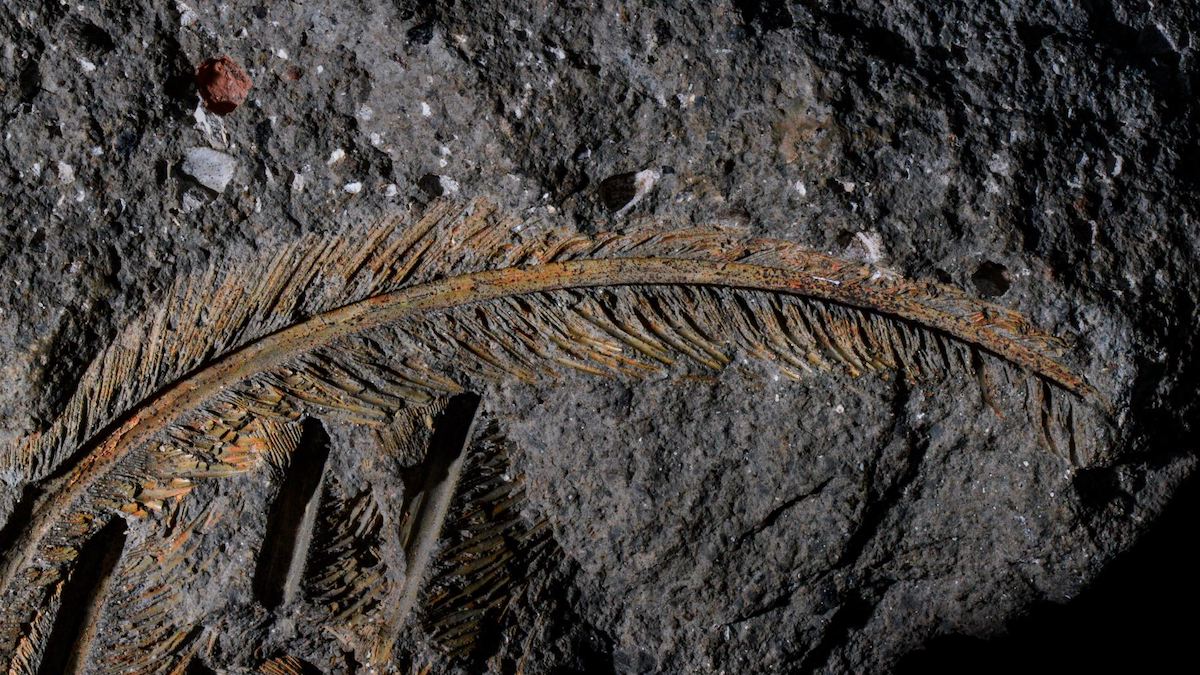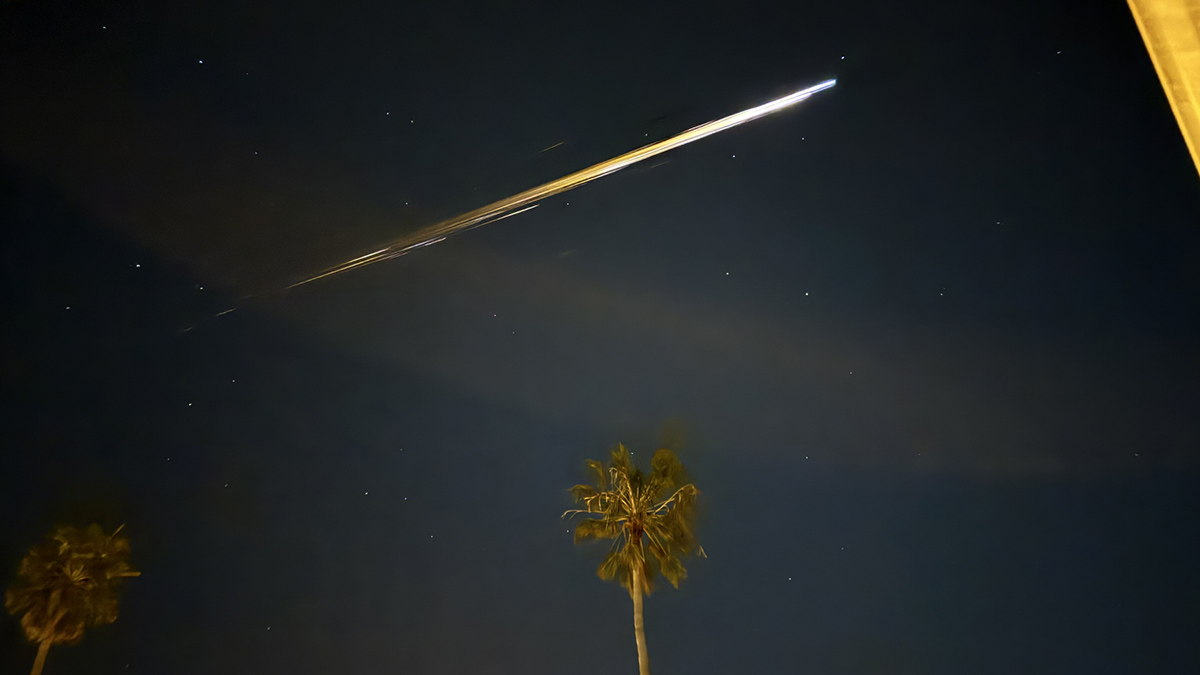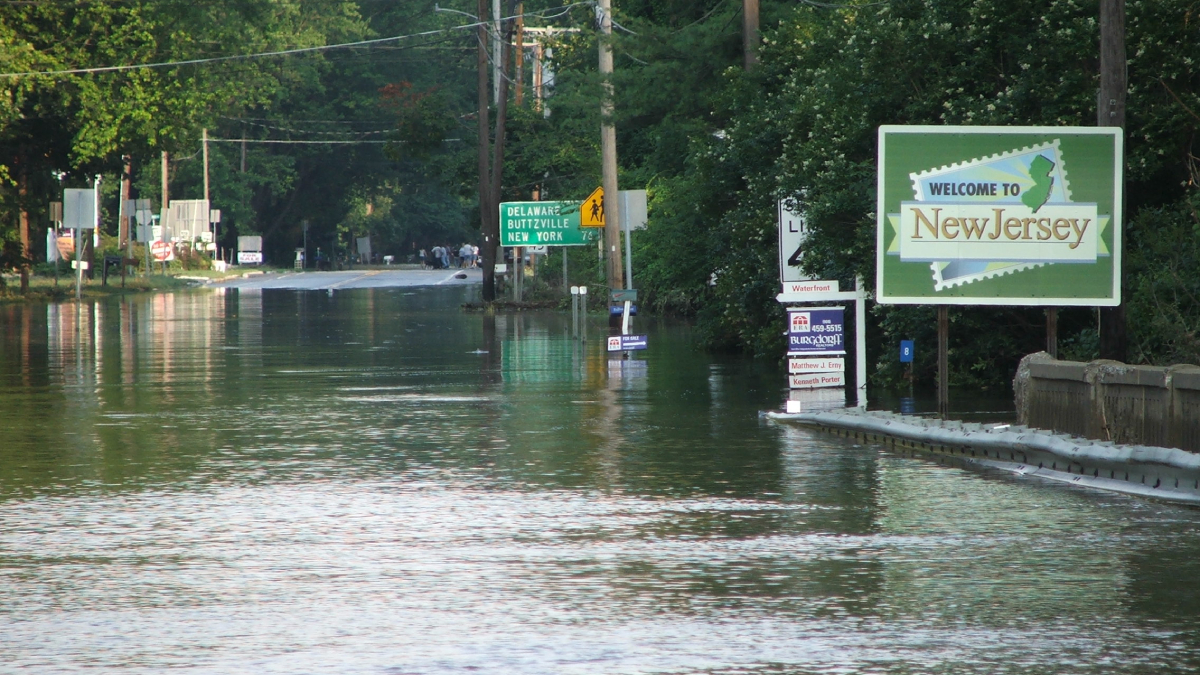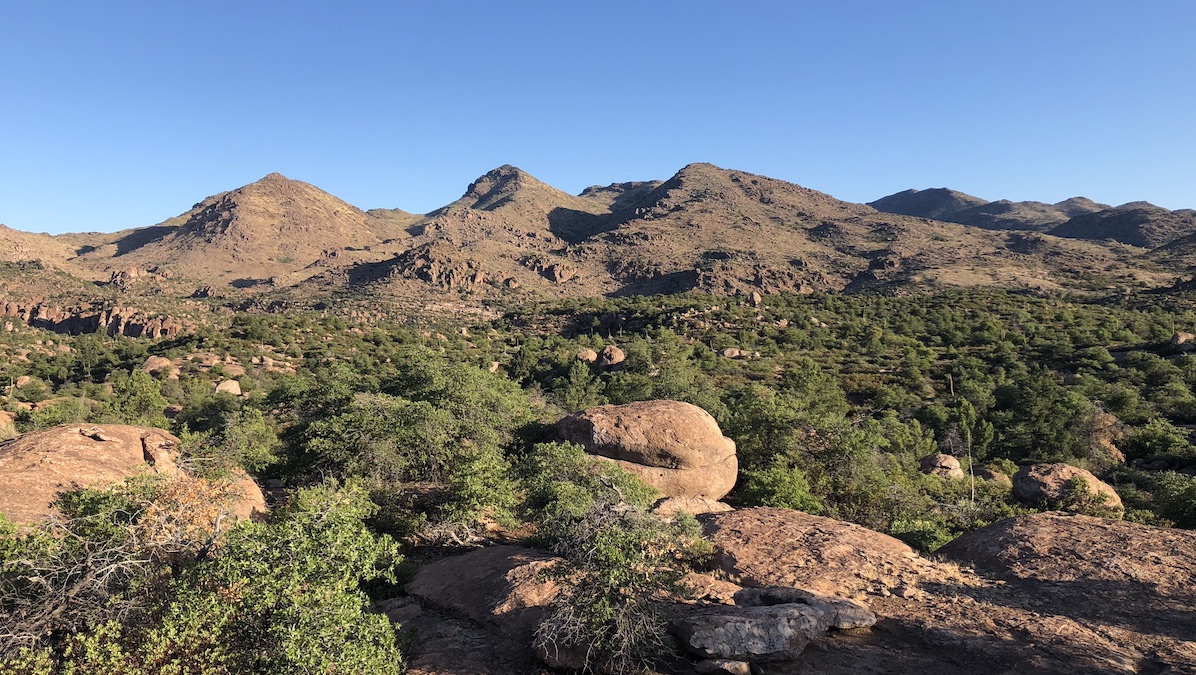Wakeboats are turning Minnesota’s lakes into summertime surf spots, but the artificial chop can shake up the lake bed, too. New wake data can help communities plan for responsible recreation.
ENGAGE
After 30-Year Search, Scientists Finally Find an Aurora on Neptune
The planet’s elusive aurorae are much colder than expected, which is how they evaded detection for so long.
A 30,000-Year-Old Feather Is a First-of-Its-Kind Fossil
A new analysis of a fossil found in 1889 has unveiled the presence of zeolites—and an entirely new mineralization method.
Cave Deposit Links Greenland’s and Europe’s Climate Records with a German Volcano
Dating a late Pleistocene eruption has big implications for understanding the Younger Dryas—and current climate change.
Soccer Players Risk Heat Stress in World Cup Stadiums
Rapidly traveling between climate zones, all with different average temperatures, humidities, and oxygen levels, will place additional stress on players, staff, and spectators.
A Major Miner Problem
Economic geology, mining, and mineral resources programs are working to meet the needs of an industry that’s struggling to find employees—at a time when some say they’re needed more than ever.
Water Testing Builds Trust in Science as Maui Communities Recover
Following fires that ravaged the island in 2023, researchers educated residents about how wildfires affect water quality, and gathered data to determine how wildfire impacts change over time.
Seismometers Track Atmospheric Shock Waves from Incoming Space Debris
A Chinese spacecraft that burned up high over Los Angeles created a sonic trail detected by ground-based sensors.
Ordinary Policies Achieve Extraordinary Climate Adaptation
Consistently implementing zoning, permitting, and building regulations, all commonplace municipal tools, helped most New Jersey towns avoid floodplain development.
Here’s Why Resolution Copper Wants to Mine Oak Flat
Southeastern Arizona’s “Copper Triangle” is a hot spot for high-grade deposits, thanks to ancient magmatic activity.

